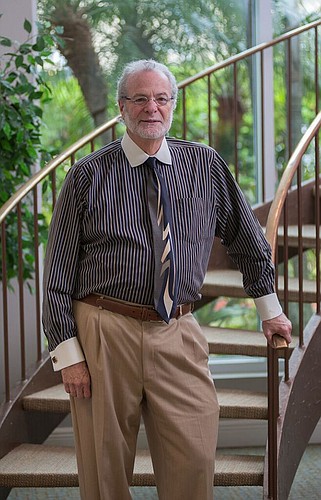- December 13, 2025
-
-
Loading

Loading

Barry Seidel
President and Founder
American Property Group of Sarasota Inc.
Sarasota
Barry Seidel started American Property Group of Sarasota Inc. three decades ago, after running a series of restaurants and other businesses in Philadelphia. The commercial brokerage firm, which handles retail, office, industrial, hospitality and land transactions, focuses on Sarasota, Manatee and Charlotte counties. Today, the firm has grown to 12 employees, including Seidel's wife, Leslye, and their sons, Adam and Brian. In Sarasota, American Property Group also has been involved in some of the most notable retail transactions in recent years, including bringing national restaurant chain Ruth's Chris Steak House to Sarasota.
Describe Southwest Florida's retail landscape at this point in the current cycle.
I think it's vibrant, it's busy, there's lot of construction going on, people are moving here, and whatever is being built is filling up. There are a lot of new people coming to the tri-county area we focus on, namely Sarasota, Manatee and Charlotte counties. Downtown Sarasota is especially busy. Developers are buying hundreds of acres of land all over the three counties for new residential developments, and as a result, we're seeing shopping centers sprout up in the more populated sections of the three counties, especially Publix-anchored centers. They often go into markets before many would think they are ready. Another phenomenon we're seeing is vertical retail, especially in Sarasota. And demographically, younger people are relocating here, professionals are coming, so we're becoming a more year-round environment.